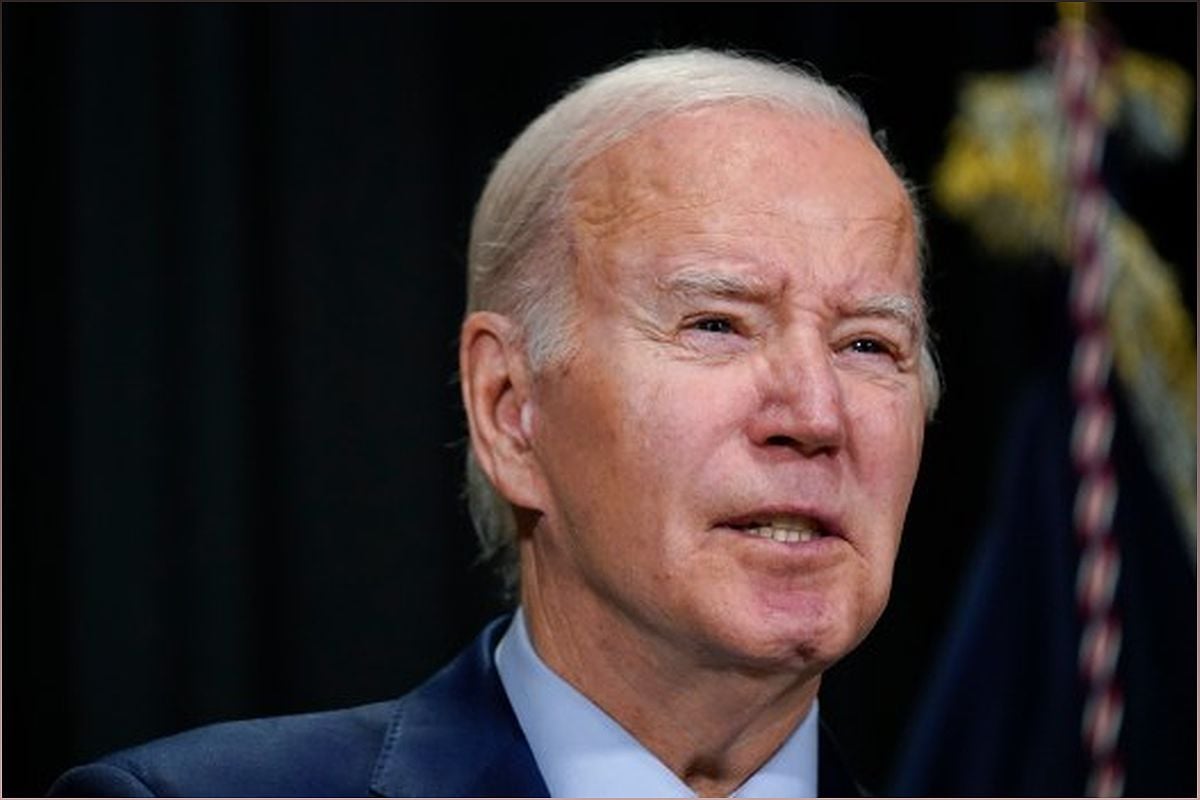Funding for Israel, Ukraine, and Border Security: A Crucial Test for US Leadership
Lawmakers return to Washington this week with billions of dollars in funding for Israel, Ukraine, and border security up in the air. President Biden has asked Congress to approve emergency funding, including significant amounts for Ukraine, Israel, and border security. However, there are challenges and skepticism among Republicans and progressive Democrats regarding these funding requests. Let’s delve into the details and understand the complexities surrounding these crucial funding decisions.
President Biden’s Funding Requests
Understanding the emergency funding proposal and its allocation
President Biden has submitted an emergency funding proposal to Congress, seeking approval for nearly $106 billion. The funding includes significant amounts for Ukraine, Israel, and border security. Let’s take a closer look at the proposed allocations:

Ukraine: $61.4 billion
The largest portion of the funding, $61.4 billion, is earmarked for Ukraine. This comes at a critical time as the country faces escalating tensions with Russia. The funding aims to support Ukraine’s defense capabilities and provide assistance in its efforts to counter Russian aggression.
Israel: $14.3 billion
Israel is set to receive $14.3 billion in funding. This allocation aims to strengthen the longstanding partnership between the United States and Israel, supporting various initiatives such as defense, security, and technology cooperation.
Border Security: $13.6 billion
The proposed funding includes $13.6 billion for border security. This allocation is aimed at addressing the ongoing challenges at the U.S.-Mexico border, including enhancing infrastructure, technology, and personnel to ensure effective border control.
Skepticism Among Republicans
Concerns and doubts regarding funding for Ukraine
While President Biden seeks funding for Ukraine, there is skepticism among Republicans. Some lawmakers have expressed doubts about the allocation of $61.4 billion for Ukraine, questioning the effectiveness of the proposed assistance and the potential impact on U.S. interests.
Representative Michael Turner has criticized the White House’s approach, particularly the inclusion of border security funding in the spending proposal. He doubts the funding will be approved by the end of the year, raising concerns about the urgency of the situation in Ukraine.
House Speaker Mike Johnson and Senate Minority Leader Mitch McConnell have also stated that they won’t support funding for Ukraine unless there is a crackdown on immigration. This further complicates the approval process and adds another layer of skepticism.
Progressive Democrats’ Concerns
Calls for restrictions on funding for Israel
On the other side of the aisle, progressive Democrats are calling for restrictions on funding for Israel. Some members of the party have raised concerns about potential human rights abuses and are demanding curbs on future spending for Israel.
Senator Chris Murphy has voiced openness to such restrictions, emphasizing the importance of aid being used in accordance with human rights laws. This highlights the internal debate within the Democratic Party regarding the allocation of funds to Israel.
Senator Bernie Sanders has gone a step further, calling for conditions on aid to Israel, including an end to indiscriminate bombing and a commitment to broad peace talks for a two-state solution. These demands reflect the growing progressive stance on the Israeli-Palestinian conflict.
Testing U.S. Leadership on the Global Stage
The outbreak of war and Russia’s invasion as major challenges
The outbreak of war in the region and Russia’s invasion of Ukraine pose significant challenges to U.S. leadership on the global stage. These events test the country’s ability to navigate complex international crises and assert its influence.
With a presidential election coming up next year, the stakes are high on the home front as well. Recent weeks have seen a drop in voter support for President Biden, particularly among young voters. The handling of these crises will play a crucial role in shaping public opinion.
It is imperative for the United States to demonstrate strong leadership and effectively address these challenges. The world is watching, and the decisions made in Washington will have far-reaching implications for international relations and the country’s standing in the global community.
